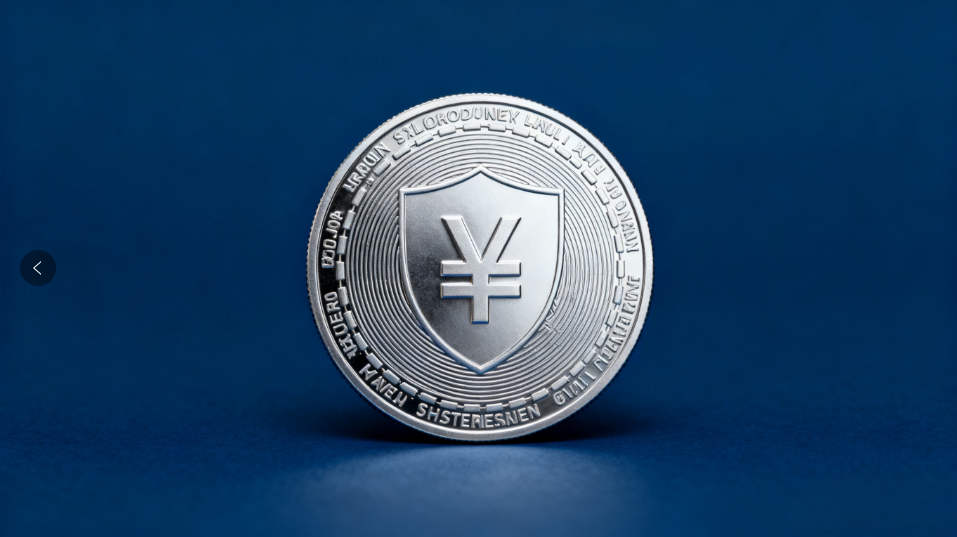
South Korean internet giant Naver recently announced its plan to acquire Dunamu, the parent company of Upbit. This is not merely a capital merger but a strategic maneuver centered on securing dominance in Korean Won-denominated stablecoins. Through this transaction, Naver aims to integrate the exchange's user traffic with its own payment, search, and e-commerce ecosystems to preemptively build a closed-loop application for the Korean Won stablecoin, thereby gaining an advantage in the global digital finance competition.
According to disclosures, Naver Financial will gain full ownership of Dunamu through a share swap, thereby connecting Upbit's 16 million crypto users with the Naver Pay payment system. This would allow the stablecoin to circulate not only within the crypto market but also directly enter high-frequency scenarios such as e-commerce shopping and cross-border remittances, forming a powerful combination of "payment + trading." In fact, Naver and Upbit had already announced joint research and development of a Korean Won stablecoin in mid-2025; this acquisition further solidifies Naver's leading role in its issuance and promotion.
The policy landscape also presents an opportunity. In June of this year, the ruling party proposed a draft of the "Digital Asset Basic Act," which for the first time allows non-bank institutions to issue stablecoins and requires 1:1 reserve custody. If successfully enacted, Naver is expected to be among the first batch of compliant issuers. Simultaneously, the Financial Services Commission and the central bank are gradually shifting towards a supportive stance, providing the possibility for pilot stablecoin projects.
However, competition is equally intense. Rival Kakao is pushing stablecoin adoption through its social and public chain ecosystem, while a consortium of eight major banks plans to jointly issue a stablecoin, potentially gaining policy priority. Naver's advantage lies in its exchange resources and everyday service user base, but its ability to maintain this lead long-term depends on regulatory implementation and reserve management. The pool of Korean Won assets is relatively limited; if a robust reserve system cannot be established, it could undermine the stablecoin's credibility and scalability.
From a broader perspective, Naver's move is not only about corporate interests but also aligns with the South Korean government's "de-dollarization" objective. Currently, stablecoin trading on South Korean crypto exchanges is dominated by USD-denominated products, accounting for over 80%, which puts pressure on domestic monetary policy. If the Korean Won stablecoin is successfully implemented, it could not only reduce capital outflows but also play a greater role in cross-border payments and regional financial cooperation.
In summary, Naver's acquisition of Upbit is a crucial piece in South Korea's digital finance landscape. It represents both a deep integration of technology and the crypto industry and a strategic move to secure a leading position in financial sovereignty. If Naver can overcome the two major challenges of regulation and reserves in the future, it may become a core force in pushing the Korean Won stablecoin onto the global stage.
















